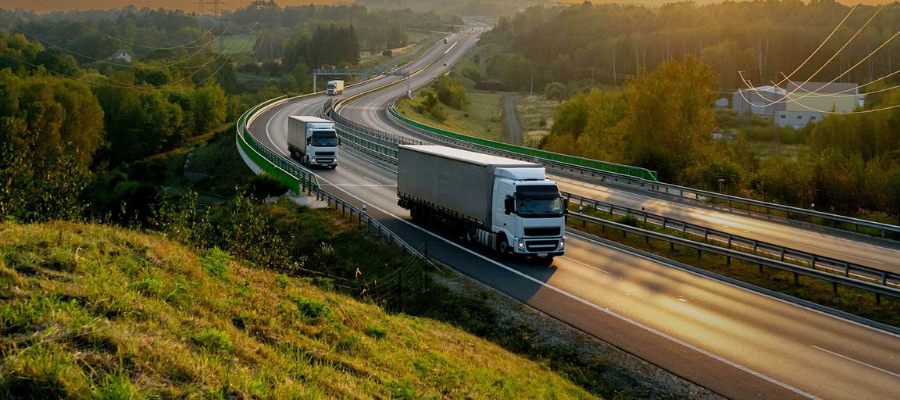🕒 Article read time: 2 minutes
Importing from the EU after Brexit
Sponsored content


If you are one of the many businesses that import EU goods to the UK, import procedures have changed post-Brexit.
This guide will help you navigate the considerations required to receive goods and keep your business operating smoothly.
1. Determine who is the importer of record
Decide who is responsible for the clearance requirements if your business is not the exporter, and elect a party as the importer of record. Your exporter needs:
- An EORI number
- Relevant export licences
- A statement of origin
- An invoice
- A packing list
- Submitted export declaration from departure country
2. Get an EORI Number
You will still need an EORI (Economic Operator Registration and Identification Number) whether or not you are the sender. If you don’t have yours organised, you might face delays and increased costs when importing goods. For more information on the process of getting an EORI, visit the government’s advisory page.
3. Make an import declaration
You can either hire an agent for your import declarations or do it yourself.
Your agent must be established in the goods country of origin. If you are seeking an agent for your customs documents, we can help you.
DIY customs import declarations need to be sent electronically through the Customs Handling of Import and Export Freight (CHIEF) system. A business owner must submit a complete declaration when goods enter the UK. Goods may go to temporary storage under customs supervision for 90 days, but the dues will carry a penalty beyond that.
The declaration process varies if the simplified declaration procedure or an EIDR (Entry in Declarant’s Record) authorisation. Parties usually approved by UK’s HMRC to represent importers and produce the Simplified Declaration:
- Freight forwarders
- Customs agent or broker
- Fast parcel operators
5. Check tax and duty rates
For every import, you will have to pay customs duties and VAT. Based on where the goods come from, the tariff rates can be classified as either preferential or non-preferential. A preferential rate is applicable on goods from a country with a UK trade agreement, and non-preferential tariffs apply for countries without.
If your business is VAT registered, you can pay your import VAT when filing your return. If your business imports alcohol, tobacco, or other restricted products, you will incur additional fees – rates here.
6. Duty deferment
You will need a Duty Deferment account to postpone duty payments until the end of the month of importation. This payment can be settled by Direct Debit from your bank account. This option is also available if you use a Customs Agent.
7. Get the correct licence for your goods
You may be required to have a special licence or certificate depending on the goods you import, and some may incur an inspection fee. Check if you need a special license for your goods here.
Post-Brexit imports from the EU may seem a little daunting, but it doesn’t need to be with the correct procedures or agents in place to ensure there are no hitches for your import business.
*www.barringtonfreight.co.uk
Published On: 10/06/2021 17:00:08

Comments Section
If you are a Logistics UK member login to add comments.